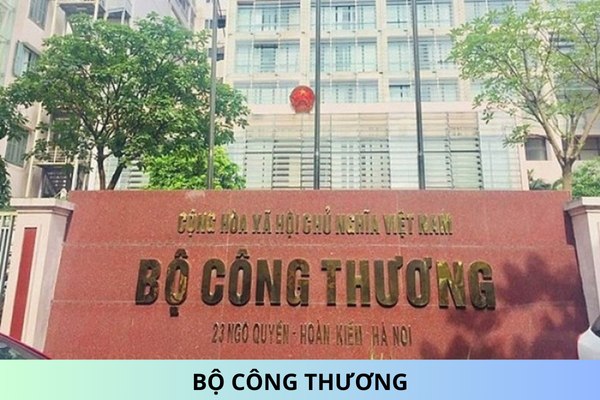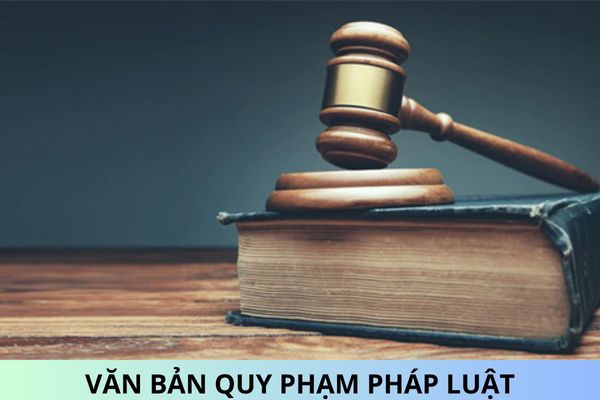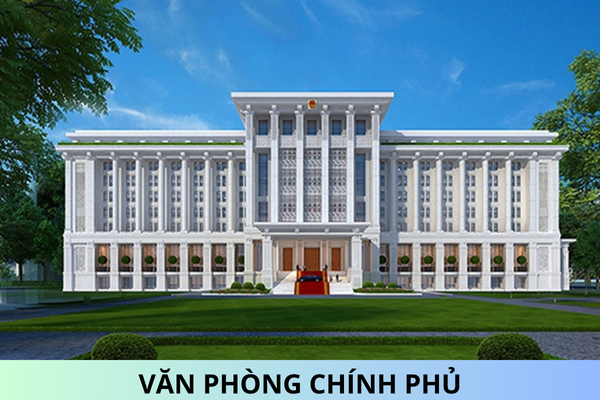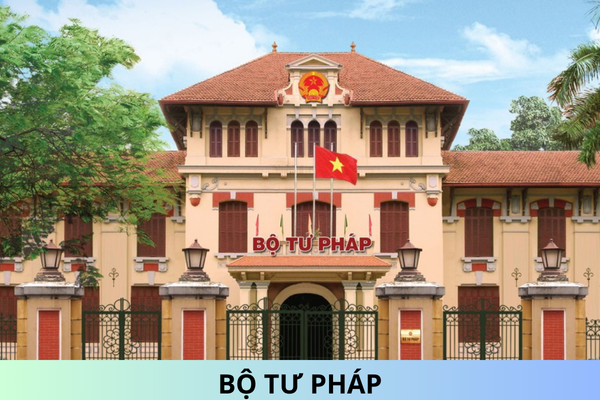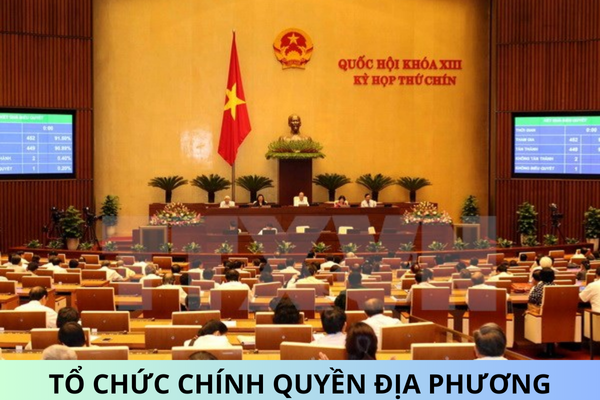What day is November 4? What are the tasks and powers of local authorities in the province in Vietnam?
What day is November 4?
On November 4, 1831, Lang Son Province was established. Lang Son is a mountainous border province in the Northeast of the country, having a strategic position in terms of economy, society, national defense, security, and foreign affairs for the nation. Over different historical periods, Lang Son has gradually been formed and developed under various names.
On July 15, 2009, the People's Council of Lang Son Province issued Resolution No. 08/NQ-HDND announcing November 4, 1831, as the founding date of Lang Son Province.
Thus, every year, November 4 commemorates the Founding Day of Lang Son Province.
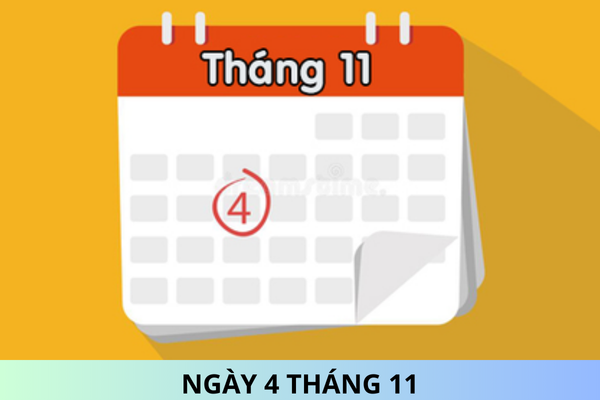
What day is November 4? What are the tasks and powers of local authorities in the province in Vietnam? (Image from the Internet)
What are the tasks and powers of local authorities in the province in Vietnam?
Based on Article 17 of the Law on Organization of Local Government 2015, the tasks and powers of local authorities in the province in Vietnam are as follows:
- Organize and ensure the enforcement of the Constitution and laws within the province.
- Decide on issues of the province within the scope of authority and division as regulated.
- Implement duties and powers authorized by the central state administrative agency.
- Supervise, inspect the organization, and operation of local government entities in administrative units within the area.
- Be accountable to higher-level state agencies for the results of implementing duties and powers of provincial local government.
- Coordinate with central state agencies and other localities to promote regional economic linkage and implement regional planning to ensure national economic unity.
- Decide and implement measures to promote people's mastery rights, mobilizing social resources to build and develop economy-society, ensuring national defense, and security in the province.
What contents does the Provincial People's Committee in Vietnam formulate and submit to the Provincial People's Council for decision?
Based on Article 21 of the Law on Organization of Local Government 2015 on the duties and powers of the Provincial People's Committee:
Article 21. Duties and powers of the Provincial People's Committee
- Build and submit to the Provincial People's Council for decision on the contents regulated in points a, b, and c, clause 1, points d, đ and e, clause 2, clauses 3, 4, 5, 6, and 7, Article 19 of this Law and organize the implementation of the resolutions of the Provincial People's Council.
[...]
Thus, the Provincial People's Committee builds and submits to the Provincial People's Council to decide on the following contents:
- Issue resolutions on matters under the duties and authority of the Provincial People's Council.
- Decide on measures to ensure social order and safety, combat crime, and other legal violations, and fight bureaucracy and corruption within the delegated authority; measures to protect the assets of agencies, organizations, and safeguard the life, freedom, honor, dignity, and assets, lawful rights, and interests of citizens in the province.
- Decide on measures to implement duties and powers delegated by superior state agencies; decide on the decentralization for district-level, commune-level local government, subordinate state agencies to implement duties and powers of provincial local government.
- Decide on the establishment or abolition of specialized agencies under the Provincial People's Committee.
- Decide on the official staff size in the Council's agencies, the People's Committee, and public service providers of the People's Committees at all levels in the province according to the staff size target assigned by the Government of Vietnam.
- Decide on the number and level of allowances for non-specialized personnel at the commune level, in hamlets, neighborhoods, and approve the total number of workers in public service providers under the province's management scope according to the Government of Vietnam's regulations.
- Decide on the establishment, dissolution, merging, splitting of hamlets, neighborhoods; naming, renaming of hamlets, neighborhoods, streets, squares, and public works in the locality as per legal regulations.
- Decide on long-term, medium-term, and annual socio-economic development plans of the province; planning the development of sectors and fields in the province within the delegated authority.
- Decide on the state budget revenue estimate in the area; the local budget revenue and expenditure estimate and the distribution of their budget estimate; adjust the local budget estimate in necessary cases; approve local budget settlements. Decide on investment policies, provincial program projects as per legal provisions.
- Decide on issues related to fees, charges as per legal regulations; people's contributions.
- Decide on borrowing domestic capital sources through the issuance of local bonds, urban bonds, construction bonds, and other forms of capital mobilization as per legal provisions.
- Decide on policies and specific measures to encourage and mobilize economic sectors to participate in providing public services in the province according to legal provisions.
- Decide on other measures to develop socio-economics in the province according to legal regulations.
- Decide on construction planning, urban planning within the delegated authority as per legal regulations; regional economic linkage between levels of local government suitable to the local situation, characteristics, ensuring national economic unity.
- Approve land use planning of the province before submission to the Prime Minister for approval; decide on management and use measures for land, water resources, mineral resources, marine resources, aerial domains, other natural resources, and environmental protection within the delegated authority.
- Decide on developing educational facility networks and ensuring conditions for educational activities within the delegated authority; decide on education service fees for public education facilities managed by the province according to legal regulations.
- Decide on encouraging scientific research, promoting initiatives, technical improvements, and applying scientific and technological advancements in the province.
- Decide on developing cultural, information, sports activities; protect and promote the cultural heritage value in the locality; ensure cultural, information, advertising, journalism, publishing activities, sports in the province within the delegated authority.
- Decide on developing healthcare systems at provincial, district, and commune levels.
- Decide on healthcare service fees for state healthcare facilities managed by the locality as per legal regulations.
- Decide on measures to protect and care for people's health, protect and care for mothers, children, the elderly, people with disabilities, the needy, orphans without support, and others in difficult circumstances. Decide on disease prevention measures; implementing population policy and family planning measures in the province.
- Decide on managing and using measures to develop local human resources; measures to create jobs, improve labor productivity, increase income, improve working conditions, ensure labor safety, and hygiene.
- Decide on policies to attract and encourage officials, public employees, and workers in the locality in line with local conditions, budget capacity, and superior state agency regulations.
- Decide on measures to implement preferential policies for revolution contributors; implement social security and welfare policies, and measures to eliminate hunger, reduce poverty.
- Decide on implementing ethnic policy measures to improve material and spiritual life, enhance literacy for ethnic minorities, ensure equality among ethnic groups, strengthen national unity, support and help ethnic groups in the locality.
- Decide on implementing religious policy measures within the delegated authority; measures to ensure equality among religions, freedom of belief, and religion in the province.
- Decide on measures to ensure national defense and security according to legal regulations; maintain political security, combat corruption, crime, other legal violations, ensure social order and safety in the province.
- Decide on policies and measures to utilize local potential to build a strong national defense and people's security, a solid defensive area for peacetime and wartime.
- Decide on policies and measures for forming and building civil defense forces, reserve forces, and local commune police; decide on policies and measures to integrate economy with national defense, security, transition local social-economic activities from peacetime to wartime.
- Decide on measures to ensure public order, traffic safety in the province.


